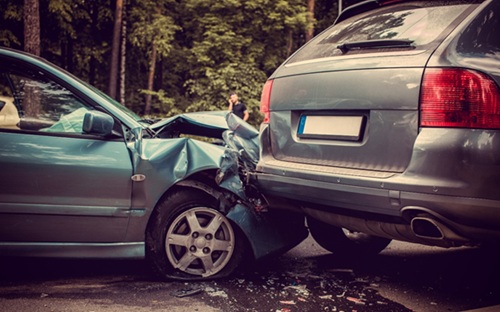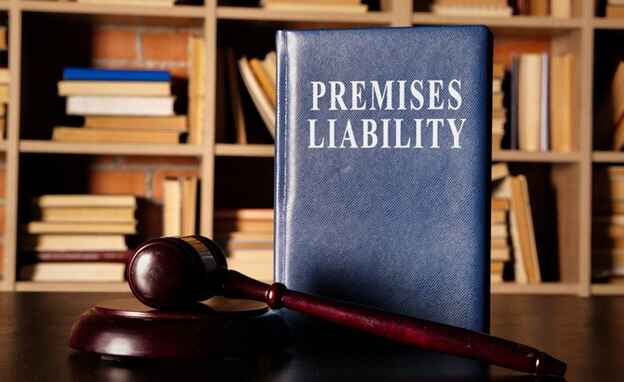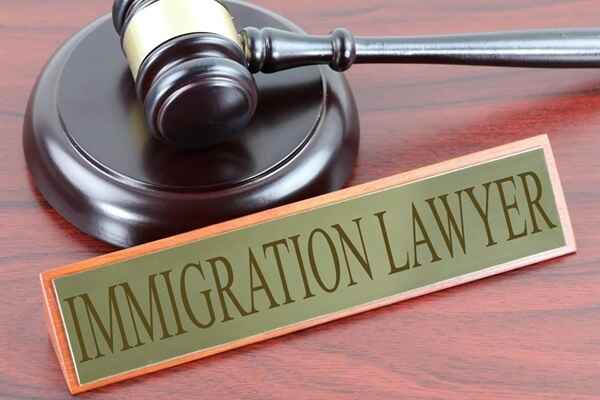Car accidents are scary, but head-on crashes are often the most serious. These accidents happen when the front of one vehicle hits the front of another. They can cause major injuries, damage, and stress.
After a crash like this, it is normal to feel confused or unsure of what to do. But if you were hurt and the crash wasn’t your fault, you may need to build a strong case. This means gathering proof and showing what really happened so you can get help with medical bills, car repairs, or lost wages.

Here are some simple tips to help you build a strong case after head-on crashes.
Call 911 Right Away
The first thing to do is call 911. Police and medical teams need to come to the scene. The police will write a report, which is very important for your case. It tells what happened, who was involved, and may even say who was at fault.
Even if the crash seems small, always get the police involved. This creates a record that helps prove your side of the story.
Get Medical Help, Even If You Feel Okay
In head-on crashes, people often get hurt badly. But sometimes, pain or injury doesn’t show up right away. You may feel fine at first, then hurt later.
Always see a doctor after the crash. Getting medical help right away shows that you took your injuries seriously, and the doctor’s notes become evidence for your case.
Take Photos and Videos
If you are able, take pictures and videos at the scene. Focus on:
- Damage to the cars
- Skid marks on the road
- Traffic signs or lights nearby
- Any injuries you have
- The other driver’s car and license plate
These images help show what happened and how bad the crash was. They can also help your lawyer prove who caused the accident.
Get Witness Information
If someone saw the crash, ask for their name and phone number. Witnesses can be very helpful when building a case. They may have seen things you didn’t, like the other driver speeding or running a red light.
Their statements can support your side and make your case stronger.
Don’t Admit Fault
Right after a crash, you may feel shaken and want to say, “I’m sorry.” But it’s best not to say anything that sounds like you’re taking blame—even if you didn’t mean it that way.
Let the police and insurance companies figure out who was at fault. Even a small comment could be used against you later.
Keep All Records and Bills
After the crash, keep everything related to the accident. This includes:
- Medical bills
- Doctor’s notes
- Prescription receipts
- Car repair costs
- Lost wage information (if you missed work)
These records show how much the crash has cost you. They help your lawyer figure out how much money you may be owed.
Talk to a Lawyer Early
Dealing with insurance companies and legal steps can be hard. A car accident lawyer can help you understand your rights and build a strong case.
In serious crashes like head-on collisions, lawyers know how to collect the right proof, talk to experts, and fight for what you deserve. Many offer free consultations, so it doesn’t hurt to ask for help.
Key Takeaways
- Call 911 so police can make a report; it is key to your case.
- Always see a doctor, even if you feel okay.
- Take photos and videos of the scene and your injuries.
- Get names and contact info for any witnesses.
- Don’t say anything that sounds like you’re taking blame.
- Keep all records and receipts related to the crash.

